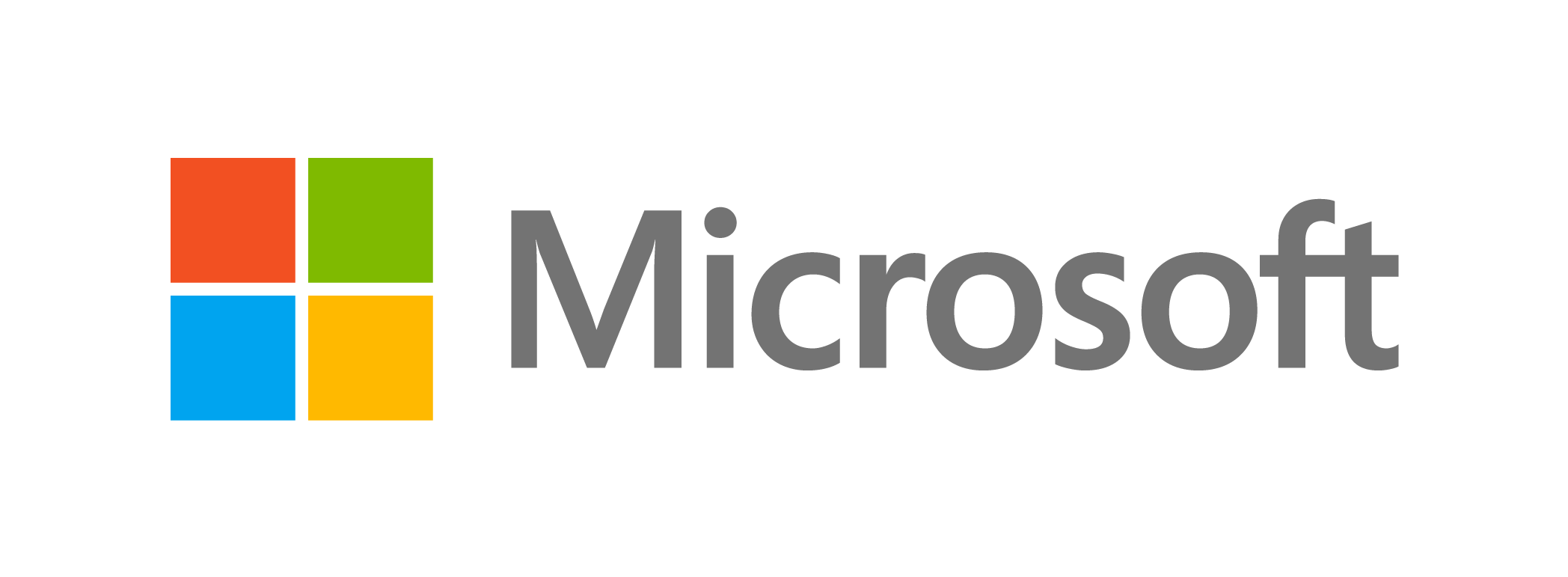PBS NewsHour Features Microsoft Alumnus Richard Gold’s “Pongo Teen Writing”
Nonprofit organization supports at-risk youth through poetry workshops

Bellevue, Washington, March 17, 2014 /3BL Media/ – Microsoft alumnus Richard Gold, founder of Pongo Teen Writing and a 2010 Integral Fellow of the Microsoft Alumni Foundation, will be featured on a PBS NewsHour segment Monday, March 17 by PBS reporter Jeffrey Brown and U.S. Poet Laureate Natasha Tretheway. Pongo Teen Writing helps at-risk youth come to grips with their innermost feelings through writing poetry. For local stations and air times, visit http://www.pbs.org/tv_schedules/.
The PBS NewsHour profile coincides with the release of Gold’s book, “Writing with At-Risk Youth: The Pongo Teen Writing Method (Rowman & Littlefield Education, 2014),” which details the rationale and methods of the program and offers encouragement and guidance for similar programs all across the country. The national attention that Pongo is drawing makes it an exciting time for the organization’s growth, but amidst all the chaos of preparing for a country-wide broadcast, Gold is still set as ever in making sure it is all ultimately about the kids.
“At the end of the day everything I do, we do, is so that we can make kids’ lives better,” said Gold. “A lot of them feel hopeless, worthless even, and that is often reflected in their writing. But something special happens when they put it down on paper. All of a sudden they are pouring out emotions they had held back for years, and they feel different afterward. And when we walk out and they’re wearing smiles instead of frowns, what’s cooler than that?”
Pongo Teen Writing is unique in its therapeutic services. It offers poetry as a mechanism for at-risk teens to address their fears, aspirations, abuses, and dreams. From its humble beginnings as an experimental program at Children’s Hospital in San Francisco, Gold has turned Pongo into a national movement that psychiatrists, teachers, counselors, and even court judges are praising as a major breakthrough in helping distressed youths. But most importantly, the youths who participate love it: of 881 teens who completed surveys, all of them reported enjoying the program, even though it brought up painful memories and even though one-third had very little experience with writing previously. With 14,000 books filled with youth poetry given away, 6,000 teens reached, and hundreds of people inspired to be volunteers, Gold’s work is paying off.
“I believe that this work is transformative and revolutionary,” said Gold. “People can do it without any psychological training; it doesn’t have a negative impact, it doesn’t have a cost. All we have to do is open people’s eyes to its power.”
What sets Pongo apart from most other programs is its unique platform that makes the kids and mentors alike feel like they deserve to be heard. At a session where a guest speaker used a Pongo method to provide a template for kids to write from, they shared intensely personal experiences. But the thunderous applause from the room when they were done, and the smiles on the writers’ faces, showed that they had broken some major barriers. All they needed was a voice and someone to listen.
Note to editors: For additional information regarding Richard Gold and his work with Pongo Teen Publishing, please visit http://www.pongoteenwriting.org. You can also read a more in-depth profile of Richard Gold here: http://microsoftalumni.org/news-and-views/alumni-profiles/2014/02/12/when-writing-is-more-than-writing.
Media Contact:
Don Edmond
Marketing Director
Microsoft Alumni Foundation

